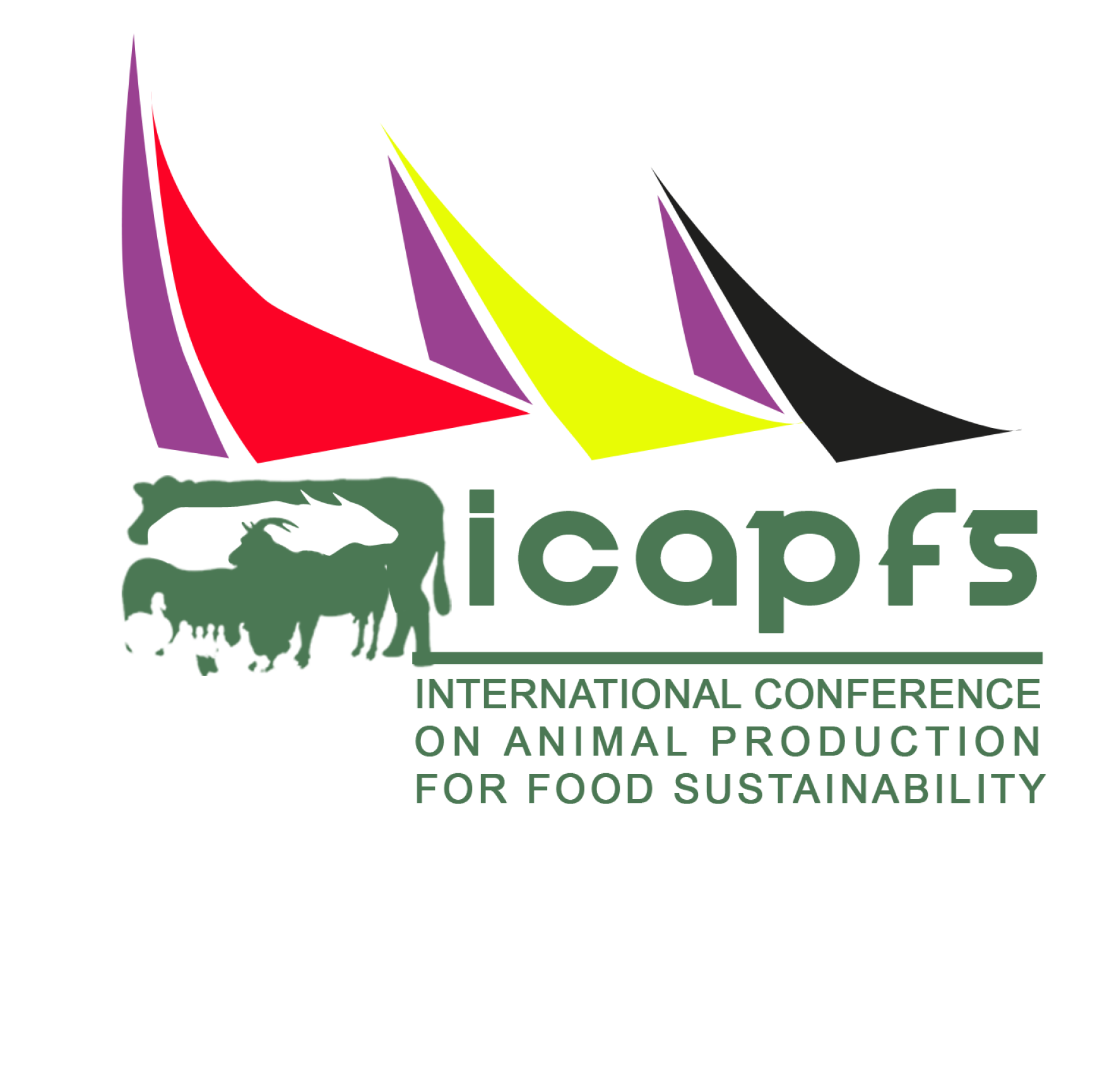About ICAPFS

ABOUT ICAPFS 2024
There are two interconnected and significant issues: tropical livestock farming and environmental concerns. Tropical livestock farming is a vital sector that provides food and livelihoods to communities in tropical regions. However, we must not overlook the impacts it has on the environment.
In recent years, we have witnessed the undeniable reality of climate change. Unstable weather patterns, severe droughts, and devastating floods have become more frequent. One of the contributing factors to climate change is the greenhouse gas emissions generated by the livestock sector, such as methane emissions from animal digestion and poorly managed livestock waste. We must acknowledge that tropical livestock farming also plays a role in these emissions.
However, we also recognize the critical importance of ensuring food security for a growing population. Tropical livestock farming plays a crucial role in meeting the increasing food demand. Therefore, we must seek a balanced solution that addresses both the need for increased livestock production and environmental preservation.
The adoption of innovative technologies and sustainable agricultural practices is an important step in addressing these challenges. In the context of tropical livestock farming, we can utilise environmentally friendly technologies to improve production efficiency, manage waste effectively and reduce carbon footprint. For example, integrated livestock systems that combine animal husbandry with crop production, utilisation of renewable energy sources, application of circular economy principles in agro-industry by maximising resource reuse and recycling, development of technologies to convert agro-industry waste into value-added products, such as bio-fertilisers, and use of sensor technologies for animal health monitoring.
The application of innovation in the livestock and agro-industrial industries can increase efficiency, reduce environmental impacts, and support the sustainability of the global food system. The implementation of these technologies also has the potential to improve livestock welfare, reduce production costs, and improve the quality of products produced.
In conclusion, tropical livestock farming and environmental concerns are closely intertwined. We must strive to find sustainable and balanced solutions that address both the need for food and environmental preservation. Through the adoption of innovative technologies and collective awareness, we can achieve sustainable tropical livestock farming that provides safe and high-quality food while safeguarding the natural environment for future generations. The fourth ITAPS conference, with the theme Technological Innovations of Animal Production and Green Agro-Industry for Food Sustainability, will summarize the contributions of expert nutmeg and livestock industry actors.
Experts in their fields will explain topics such as efficient and effective livestock management, breakthroughs in providing the latest nutrition and feed, post-harvest technology that prioritizes the issue of halal and animal welfare, the socio-economic development of the livestock industry and several related sciences.
Some parties are ready to participate including the government, academics, livestock business actors, scientists and certain scientific experts. All of these things strive to be able to produce several formulas that are useful for current and future livestock development.
The papers presented at the conference will be published as proceeding in IOP Conference Series: Earth and Environmental Science indexed by SCOPUS